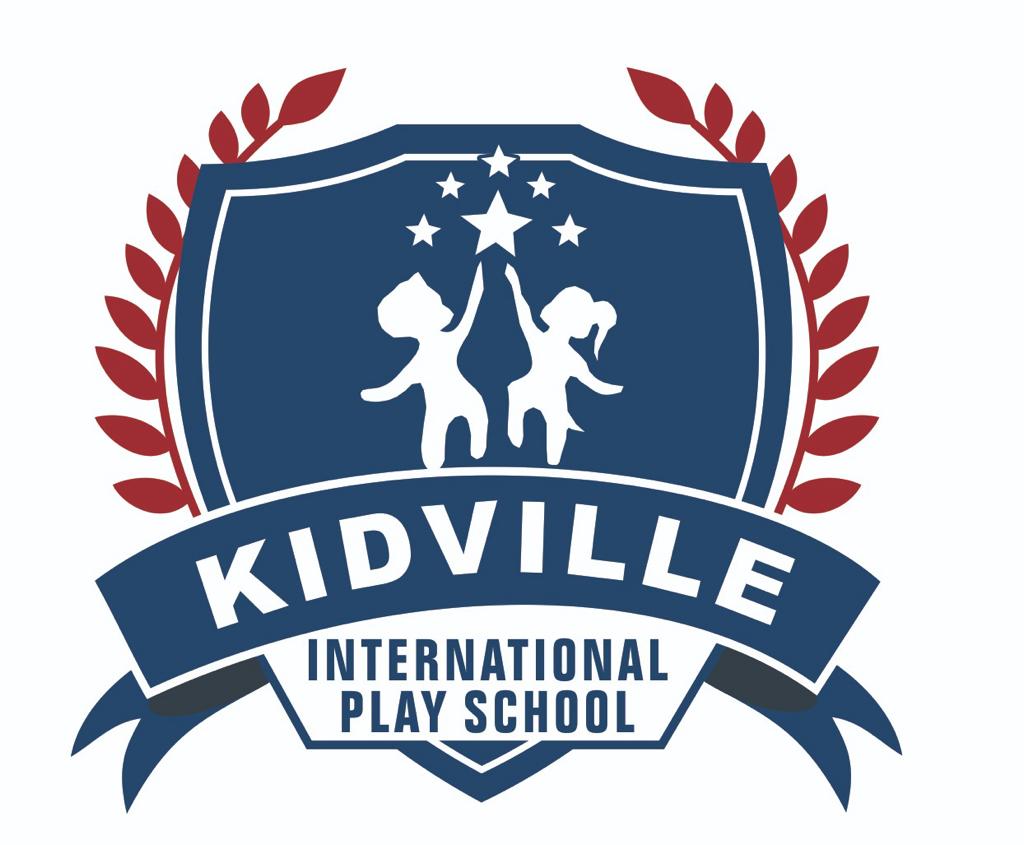In a rapidly evolving world, the skills required for success are undergoing a profound transformation. As we navigate the 21st century, it is crucial to prepare our children not just for the challenges of today but also to thrive in a global landscape that demands adaptability, collaboration, and a broad understanding of diverse cultures. In this blog post, we explore the key aspects of preparing children for the complexities of a globalized world.
1. Global Awareness and Cultural Competence:
In an interconnected world, cultural sensitivity is a valuable skill. Encouraging children to embrace and appreciate diverse cultures fosters open-mindedness and global awareness. Exposure to different perspectives helps build cultural competence, an essential trait for effective communication and collaboration on an international scale.
2. Technological Literacy:
Technology has become an integral part of our daily lives, and it will play an even more significant role in the future. Equipping children with technological literacy, including coding, digital literacy, and problem-solving skills, ensures they can navigate the digital landscape and harness technology for both personal and professional growth.
3. Critical Thinking and Problem-Solving:
In a world inundated with information, the ability to think critically and solve complex problems is paramount. Encouraging children to question, analyze, and approach challenges with a problem-solving mindset prepares them for the uncertainties and intricacies they will encounter in the future.
4. Collaboration and Teamwork:
Global challenges often require collaborative solutions. Teaching children the importance of teamwork, effective communication, and collaboration prepares them for a future where success is increasingly dependent on collective efforts. Group projects, team-building activities, and collaborative learning environments nurture these essential skills.
5. Emotional Intelligence:
The ability to understand and manage emotions, as well as empathize with others, is crucial in a globalized world. Teaching children emotional intelligence helps them navigate diverse social landscapes, build strong interpersonal relationships, and navigate the complexities of working with individuals from different backgrounds.
6. Lifelong Learning:
The pace of change in the 21st century demands a commitment to lifelong learning. Instilling a love for learning and teaching children how to learn independently prepares them to adapt to new technologies, industries, and challenges throughout their lives. Emphasizing curiosity and resilience in the face of change is key.
7. Environmental Consciousness:
Global citizenship includes a responsibility for the well-being of our planet. Teaching children about environmental sustainability, conservation, and the importance of eco-friendly practices instills a sense of responsibility towards the global community and the environment they will inherit.
Conclusion:
Preparing 21st-century children for a global world requires a holistic approach that goes beyond traditional academic subjects. It involves nurturing a diverse set of skills and competencies that empower them to thrive in an interconnected and rapidly changing global landscape. As parents, educators, and mentors, our collective responsibility is to provide the tools and guidance needed to cultivate resilient, adaptable, and globally aware individuals who can contribute positively to our shared future. Through a combination of cultural understanding, technological proficiency, critical thinking, and a commitment to lifelong learning, we can ensure that the leaders of tomorrow are well-equipped to navigate and shape the global challenges that lie ahead.


